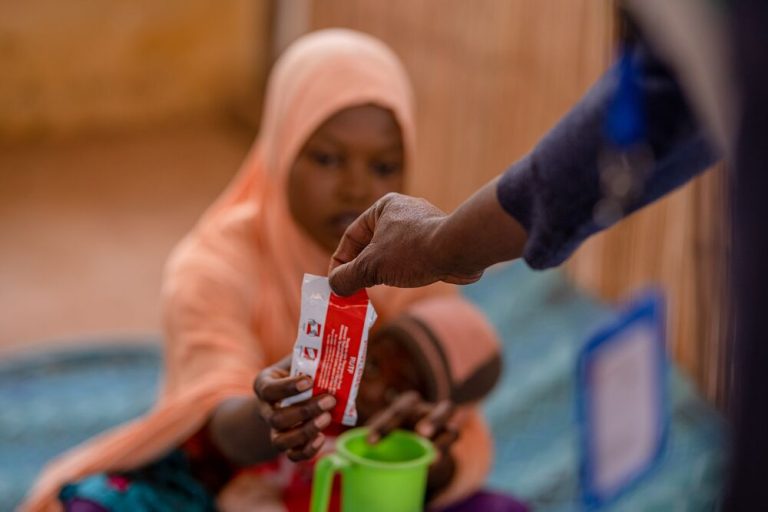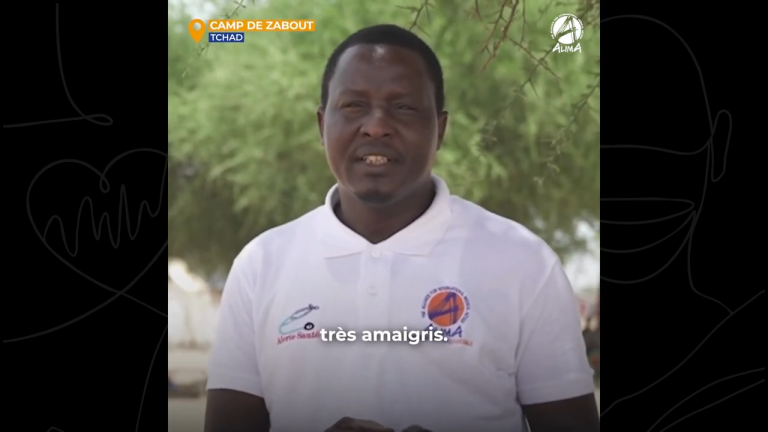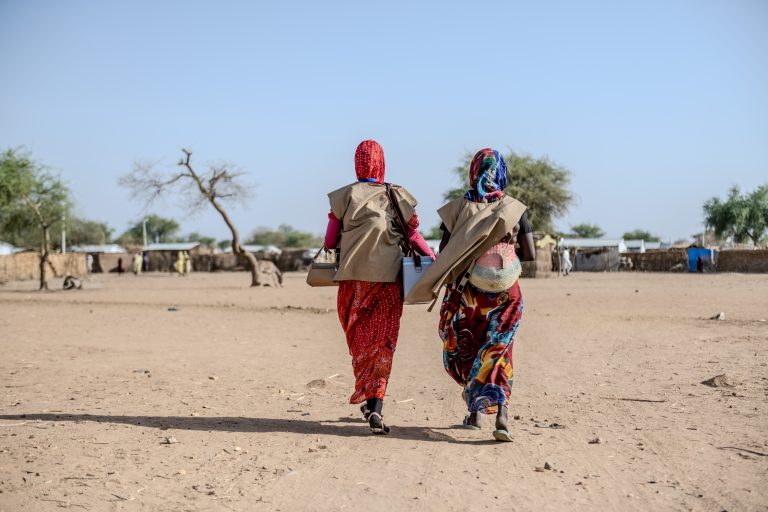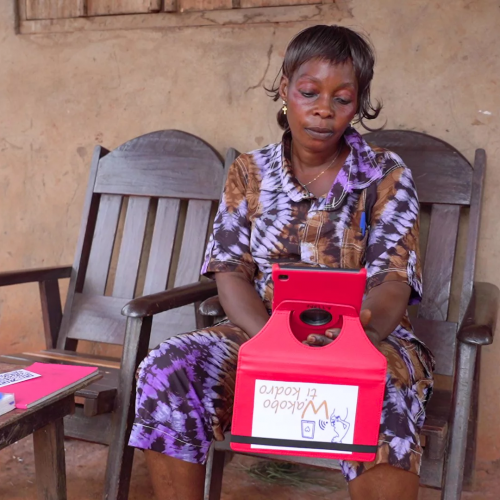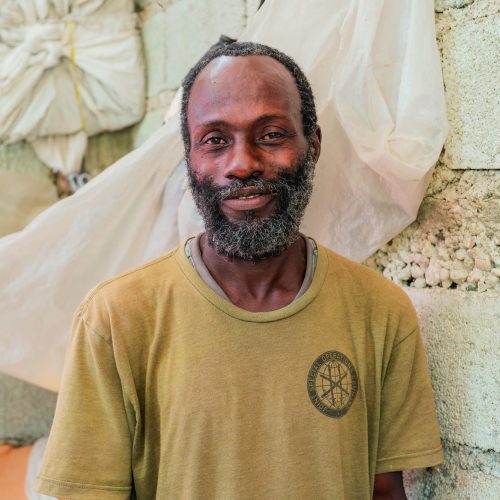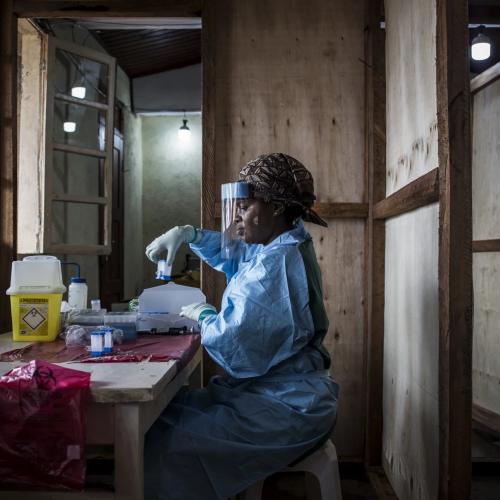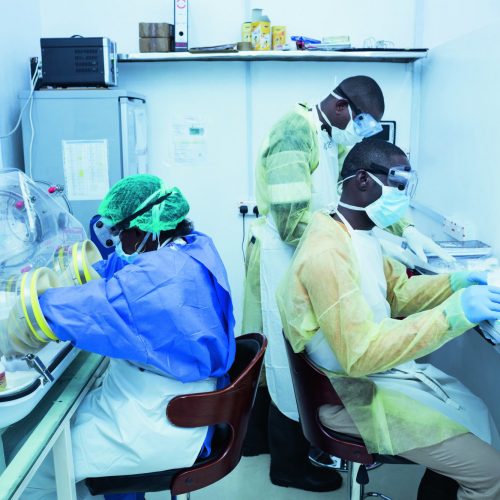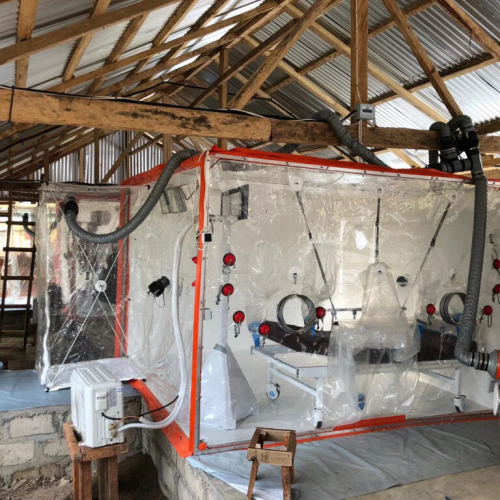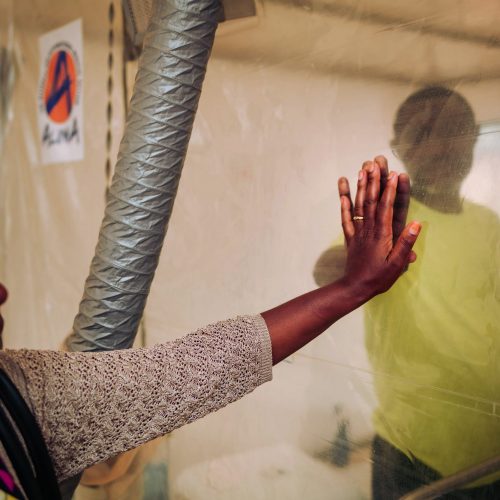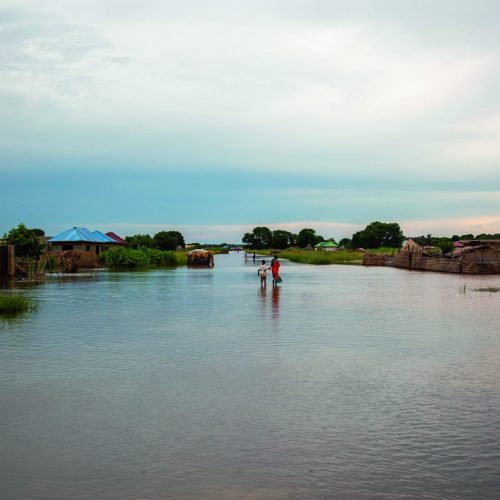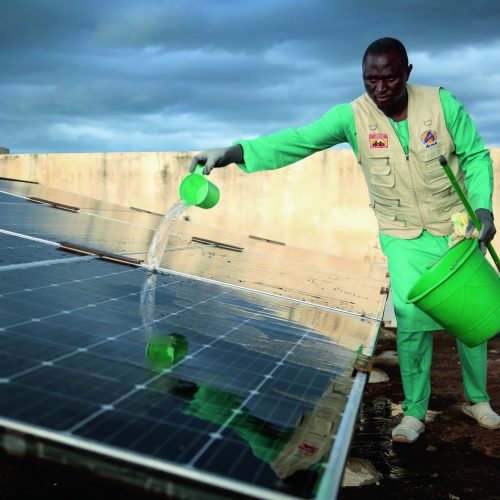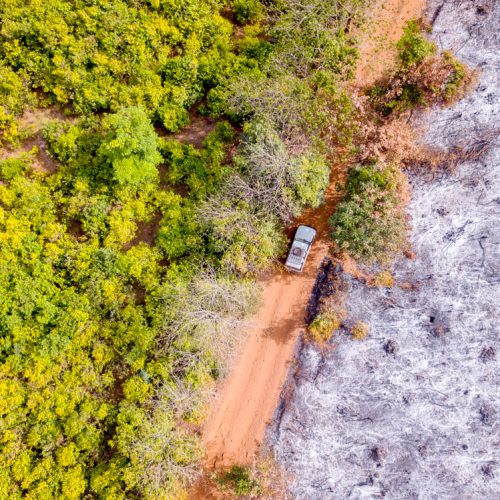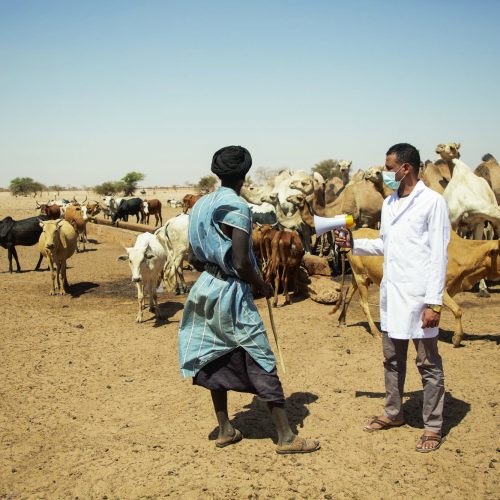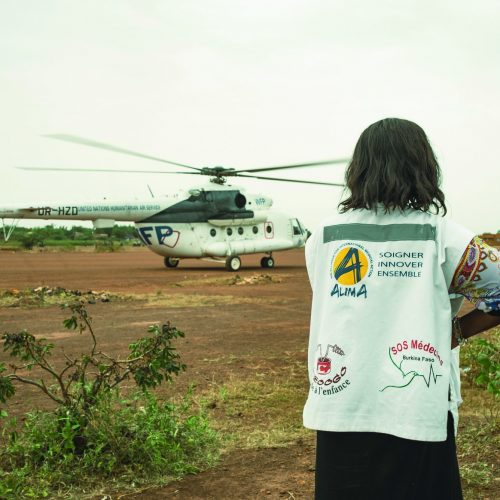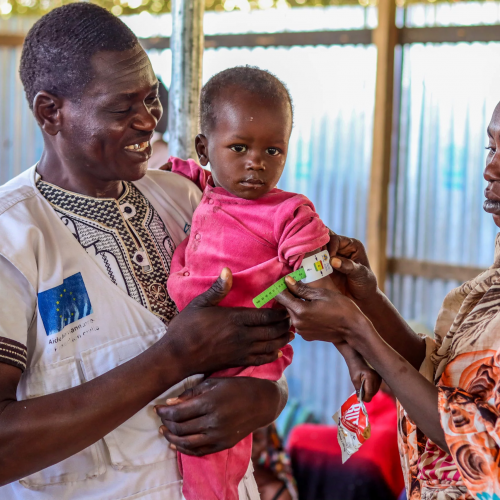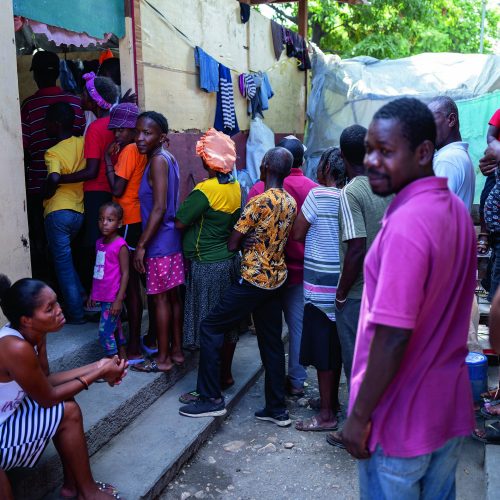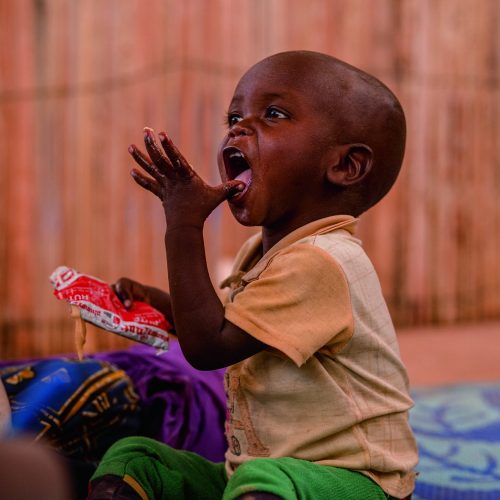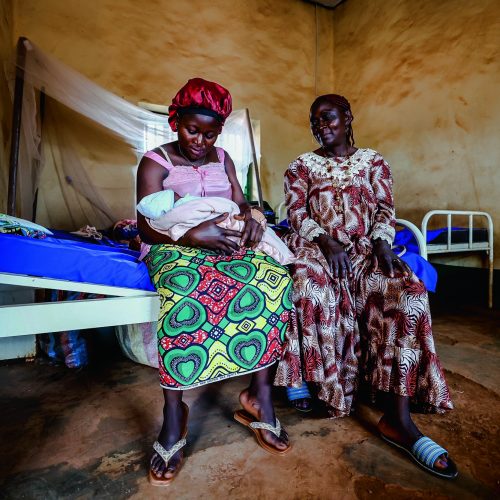Nearly 4,000 people, including 600 confirmed Ebola patients, were treated by ALIMA teams. Thanks to the innovative CUBE (a Biosecure Emergency Care Unit for Outbreaks), the quality of care compared to previous outbreaks has greatly improved. Today, it is possible to provide intensive care, resuscitate patients, perform wireless and sonic ultrasounds, transfusions and perform certain surgical procedures such as Cesarean sections. In addition, ALIMA participated very extensively in a clinical trial that identified two treatments (REGN-EB3 and mAB114), which are the first drugs to clearly show a significant decrease in mortality in people with the Ebola Virus. Today, our teams continue to operate at the Ebola Treatment Center in Katwa, with the same quality of care.
As the management of the Beni ETC is handed over to MSF, three members of the ALIMA team reflect on their experience and work at the centre.
Gerlande’s testimony: Community Health Promoter
Gerlande, a community health promoter, raises awareness about the risks of the Ebola virus, prevention measures and possible available care. He has been working at ALIMA’s ETC since October 2018.
“I start my day at 6am, welcoming visitors who come to see their relatives who are hospitalised. I take the time to interact with them. Very often, the first time they come to ETC they are scared. Ebola was an unknown disease here in North Kivu and many rumors circulated. Here, I reassure the visitors. I also support the survivors. Once back in their community, some suffer from some form of stigma. I go to visit them and I spend time at their home. This sends a positive message to their loved ones and shows them that they have nothing to fear.”

Gerlande shares the story of Espérance, an Ebola survivor, and her son:
“Espérance is one of the first people to have recovered from Ebola [during this outbreak], after one month of hospitalization. She was sure she was going to die during her hospitalization. Her son was suspected of having Ebola. Now Espérance (who, as a survivor, can no longer be infected with the virus) helps take care of children at the ETC nursery, just as others were able to look after her son.”
Patrick’s testimony: Hygiene and Biosecurity

Patrick, from Kinshasa, is the biosafety officer at ALIMA’s ETC in Beni. He has been working in the center since October 2018.
“Before the beginning of the outbreak, I knew little about Ebola. Once in Beni, my role was to ensure the protection of teams and patients, to avoid any contamination in this place of care. More specifically, I manage the planning and organization of 119 hygienists work. Daily, they take care of the biosecurity of the center. Some members of my team have the daunting task of decontaminating the body of a deceased person before their dignified and secure burial. I am proud of my team which managed to preserve the biosecurity in the center and avoided any contamination to staff or patients.”
Josée’s testimony: Chief Nursing Officer
Josée, Chief Nursing Officer at ALIMA’s ETC in Beni, and a nurse for 6 years with ALIMA: “This is the first time that I treated patients with Ebola. My only thought about Ebola was death. Today, I know that with new treatments, a patient can survive.”
Josée has helped care for around 300 confirmed cases and 2,900 suspected cases.
A story that has particularly marked Josée is the one of an 8-year-old boy.
“Her mother was being cared for in our ETC when she realized that her son also had Ebola-like symptoms. Because she trusted us, she brought him here for treatment. We immediately gave him intensive care. His older brothers had just passed away, but still his mother put all her trust and faith in my hands, asking me to save her son. Unfortunately, the child was not well. He was convulsing and hemorrhaging. We gave him a blood transfusion, but that was not enough. His parents were ready to let him go. But on the 11th day, against all odds, he started to get better and regain his strength. A month later, he was cured. It was really extraordinary to witness this miracle and the joy of his parents.”
CTE Beni: © Lisa Veran / ALIMA
Josée: © Lisa Veran / ALIMA
Patrick: © Lisa Veran / ALIMA
Espérance: © Lisa Veran / ALIMA

